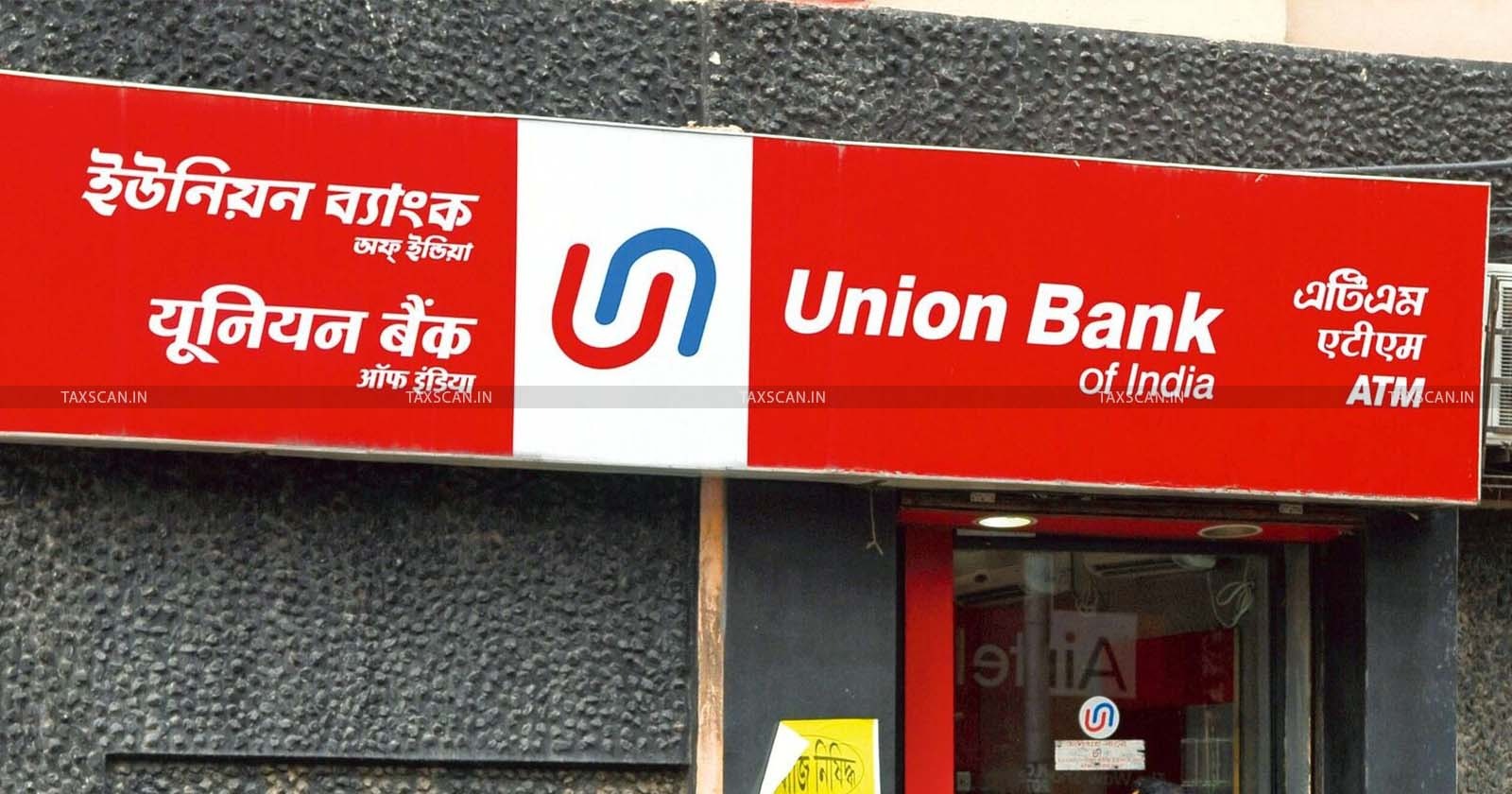DRT not bound by CPC as it has Provision u/s 22 of RDB Act: Madras HC Dismisses Petition against The Central Bank [Read Order]
The Court held that the contentions canvassed by the counsel for the petitioner have no force and the findings recorded by the DRAT Mumbai are just, proper and sustainable in law.
![DRT not bound by CPC as it has Provision u/s 22 of RDB Act: Madras HC Dismisses Petition against The Central Bank [Read Order] DRT not bound by CPC as it has Provision u/s 22 of RDB Act: Madras HC Dismisses Petition against The Central Bank [Read Order]](https://images.taxscan.in/h-upload/2025/07/09/2061779-central-bank-taxscan.webp)
The Madras High Court in a recent case dismissed the petition against the Central bank holding that the Debt Recovery Tribunal (DRT) is not bound by the CPC, as it has a provision under Section 22 of the Recovery of Debts and Bankruptcy Act, 1993( RDB Act).
Nathu K.Patel, the writ petition has been instituted challenging the order passed by the Debt Recovery Tribunal, to declare the sale proclamation as null and void and challenging the e-auction of the subject property described in the writ proceeding.
 Also Read:Mere Typographical error in demand notice would not invalidate recovery proceedings Initiated by Union Bank of India: DRT [Read Order]
Also Read:Mere Typographical error in demand notice would not invalidate recovery proceedings Initiated by Union Bank of India: DRT [Read Order]
E-auction of the subject property, vacant land measuring 4.32 cents in Mullakadu Village comprised in Survey No.135/3, Tuticorin Circle is the subject property. The main ground raised by the petitioner is that the subject property of e-auction situated at Tuticorin and therefore, the Recovery Officer has not jurisdiction to conduct auction and on that ground the present writ petition is to be considered.
Step by Step Guidance for Tax Audit & E-filing, Click Here
It is not in dispute between the parties that the subject property situated at Tuticorin is the subject matter of the original application decided by the Debt Recovery Tribunal at Chennai. A decree also has been passed by the Tribunal including the property situated in Tuticorin. That being so, the writ Court cannot interfere with the e-auction scheduled to be conducted by the Recovery Officer.
The Counsel for the second respondent would submit that the property is the subject matter of the decree passed by the Debt Recovery Tribunal, Chennai and therefore, the ground raised after issuing auction notice is not entertainable.
The maintainability of the writ petition in respect of the proceedings initiated under the Recovery of Debts and Bankruptcy Act as well as SARFAESI Act, the Supreme Court has settled the principles in the case of Celir LLP Vs. Bafna Motors (Mumbai) Private Limited and others reported in (2024) held that the High Court was not justified in exercising the writ jurisdiction under Article 226 of Constitution of India, since efficacious alternative remedy is contemplated under the provisions of SARFAESI Act.
Get a Complete Kit of Essential Books for Daily Practice, Click Here
Counsel for the petitioner would submit that under Order 21 Rule 3 of C.P.C, the Recovery Officer has no jurisdiction to conduct e-auction in respect of the property situated at Tuticorin.
It is no doubt true that sub section (23) of Section 19 of RDDB & FI Act as well as Section 38 of the Code provides that a decree may be executed either by the court which has passed it or by the court to which it is sent for execution. Whereas Section 39 of the Code lays down the condition under which the decree can be sent. Section 39(1) reads:
The Court which passed a decree may, on the application of the decree holder, send it for execution to another Court of competent jurisdiction.
The plain reading of the provision would show that the use of the word "may" in Section 39(1) of the Code demonstrates that in a given case the court which has passed a decree may send it for execution to another court of competent jurisdiction if the application is submitted in this regard by the decree holder.
The contention of the petitioner that term "may" used in sub section (23) of Section 19 of the RDDB & FI Act should be read as "shall" suffers from lack of merit in view of the legislative intent and objective to be achieved by RDDB & FI Act. The Act has been introduced to provide speedy remedy for recovery of debts. The legislature, therefore, in its wisdom thought it expedient to provide special remedy for recovery of debts.
Know How to Investigate Books of Accounts and Other Documents, Click Here
A division bench of Justice S.M.Subramaniam and Dr.Justice A.D.Maria Clete observed that the prime object of the establishment of Debts Recovery Tribunal is to provide expeditious adjudication of recovery of debts due to banks and financial institutions, therefore, Section 22 of the RDDB & FI Act has clothed the Tribunal with the power to regulate its own procedure guided by the principles of natural justice and is not bound by the procedure laid down by the Code of Civil Procedure.
It is no doubt true that there is no bar for the Tribunal to take recourse to the procedure laid down by the Code, however, as per the provisions of Section 22 of the RDDB & FI Act it is not bound by the procedure laid down by the Code and therefore the contentions canvassed by the counsel for the petitioner must fail.
The Court held that the contentions canvassed by the counsel for the petitioner have no force and the findings recorded by the DRAT Mumbai are just, proper and sustainable in law. The court dismissed the petition against the Central Bank of India,
Support our journalism by subscribing to Taxscanpremium. Follow us on Telegram for quick updates


